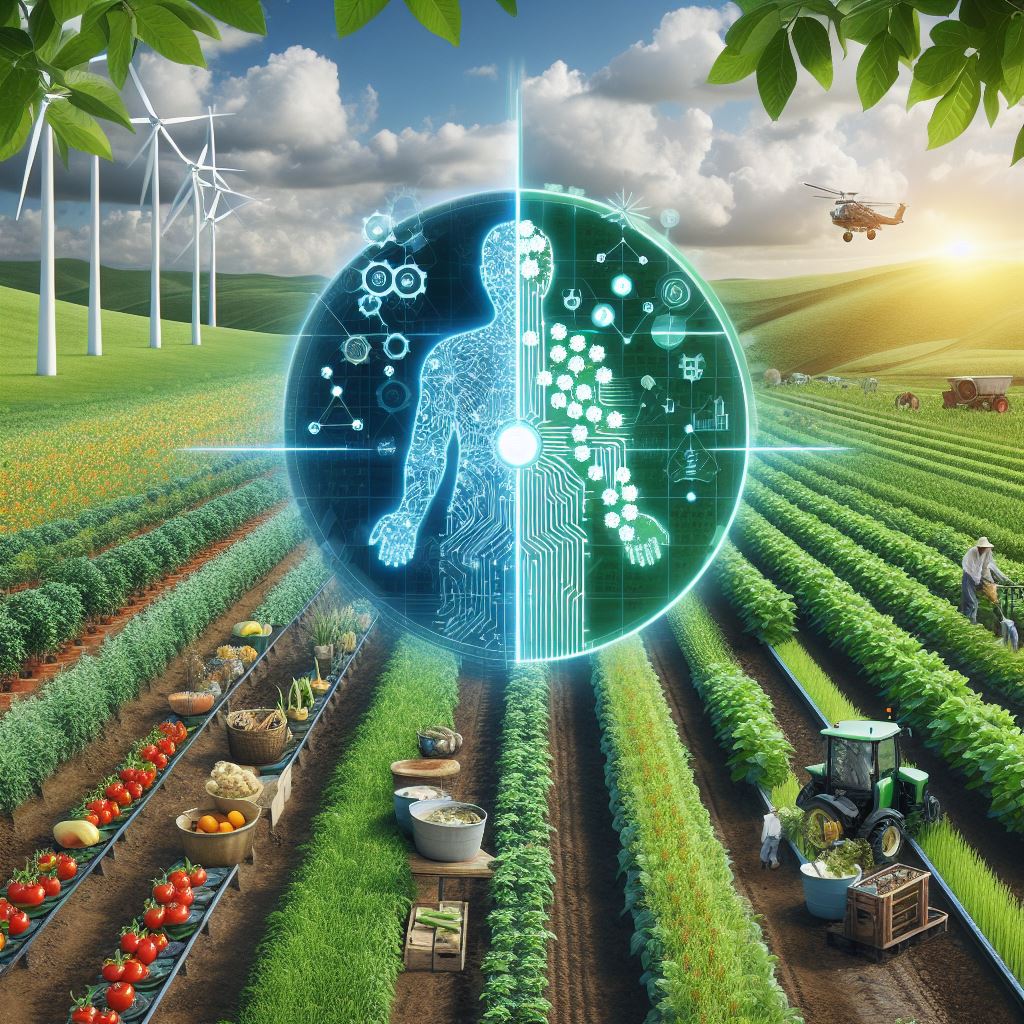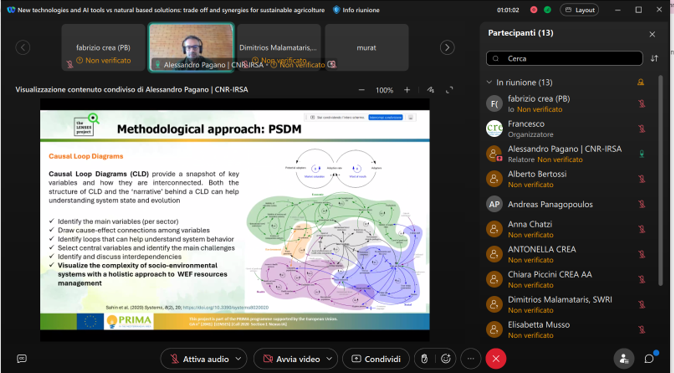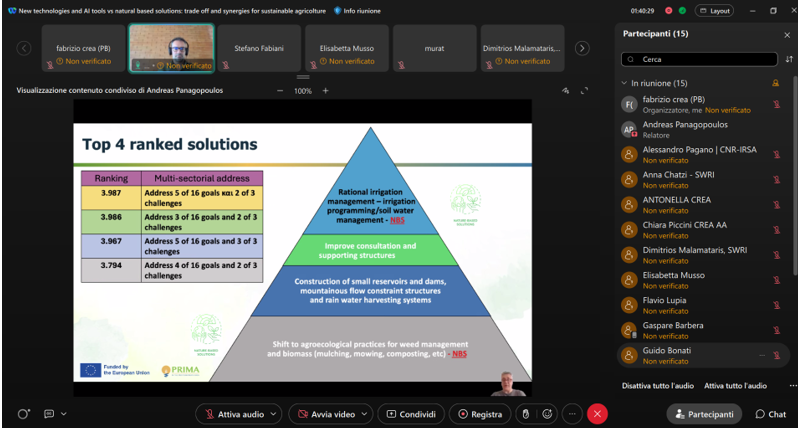04 April 2024

In an era where sustainable agriculture is a pressing concern, the clash between cutting-edge technology and nature-based solutions (NBS) has become a pivotal debate. As we strive for more efficient and eco-friendly farming practices, we find ourselves at a crossroads: Should we embrace the power of artificial intelligence (AI) and innovative tools, or should we lean toward solutions rooted in the natural world?
The Rise of AI and Technology
AI Tools for Agriculture Sustainability
Artificial intelligence has revolutionized various industries, and agriculture is no exception.
While AI offers immense potential, challenges persist:
- Data Dependency: AI models require vast amounts of data for training. Access to reliable and diverse datasets can be a hurdle for small-scale farmers.
- Cost and Infrastructure: Implementing AI tools demands investment in technology, connectivity, and training. Affordability remains a concern.
The Natural-Based Solutions Approach
Nature’s Wisdom
NBS leverages natural processes and ecosystems to address agricultural challenges. Here’s why proponents advocate for NBS:
- Biodiversity Enhancement: Practices like agroforestry, cover cropping, and crop rotation promote biodiversity. Diverse ecosystems enhance soil health, pest control, and resilience.
- Soil Conservation: NBS methods, such as terracing and contour farming, prevent soil erosion. Healthy soils retain water and nutrients, benefiting crops.
- Carbon Sequestration: Trees, wetlands, and grasslands act as carbon sinks, mitigating climate change. NBS contributes to carbon sequestration.
Challenges of NBS
NBS faces its own set of obstacles:
- Time-Intensive: Natural processes evolve gradually. Implementing NBS requires patience and long-term commitment.
- Scale Limitations: While effective, NBS practices may not match the scale of industrial agriculture. Scaling up NBS can be challenging.



